The first iteration of Pride had a strict rulebook: Walk in an even line, wear professional clothing, and do not display affection for a partner of the same gender. Held in Philadelphia and Washington, D.C. every Fourth of July beginning in 1965, the Reminder marches—named after the need to "remind" the public of the oppression faced by the gay community—aimed to secure acceptance by showing how unthreatening LGBT people were to the rest of society.
But in 1969, July 4 came just a week after the New York City police arrested patrons inside New York City’s Stonewall Inn. The Reminder march bore the first sign of splintering as some marchers didn't dress according to the code. They didn’t walk together; they held hands with their partners, outraging group leaders. In the wake of Stonewall, a more radical energy was spreading across the country.
One year later, in 1970, activists like Brenda Howard brainstormed an alternative set of marches that would embrace the new ethos of gay liberation. Their solution was Christopher Street Liberation Day—a celebration that commemorated the anniversary of Stonewall every June 28. Planning documents for the march, according to Katherine McFarland Bruce’s book Pride Parades, emphasized that, unlike at the Reminder marches, “no dress or age regulations shall be made for this demonstration.” These marches would also be national in scope—in a foreshadowing of Pride celebrations today, they wanted "a nationwide show of support" for gay rights.
The new tactics proved a success. During the first Christopher Liberation Day in 1970, so many marchers showed up that the New York iteration stretched for 15 blocks according to a contemporaneous report from The New York Times. Chicago and San Francisco held liberation marches of their own—as did Los Angeles, where activists only received the right to gather after the ACLU fought against a last-ditch attempt by the city to block the parade.
This first generation of Pride marches were more inclusive than any before. Participants donned big wigs and kissed their partners. Whereas transgender people were excluded from the Reminder marches, the Street Transvestites Action Revolutionaries (STAR), an early transgender organization launched by Stonewall protestors Sylvia Rivera and Marsha P. Johnson, formed a significant contingent on Christopher Street Liberation Day. A new era had begun.
/https://tf-cmsv2-smithsonianmag-media.s3.amazonaws.com/filer/7e/a6/7ea6643d-0a7e-42ef-8f82-83b75fecf7e4/pride_3.jpg)
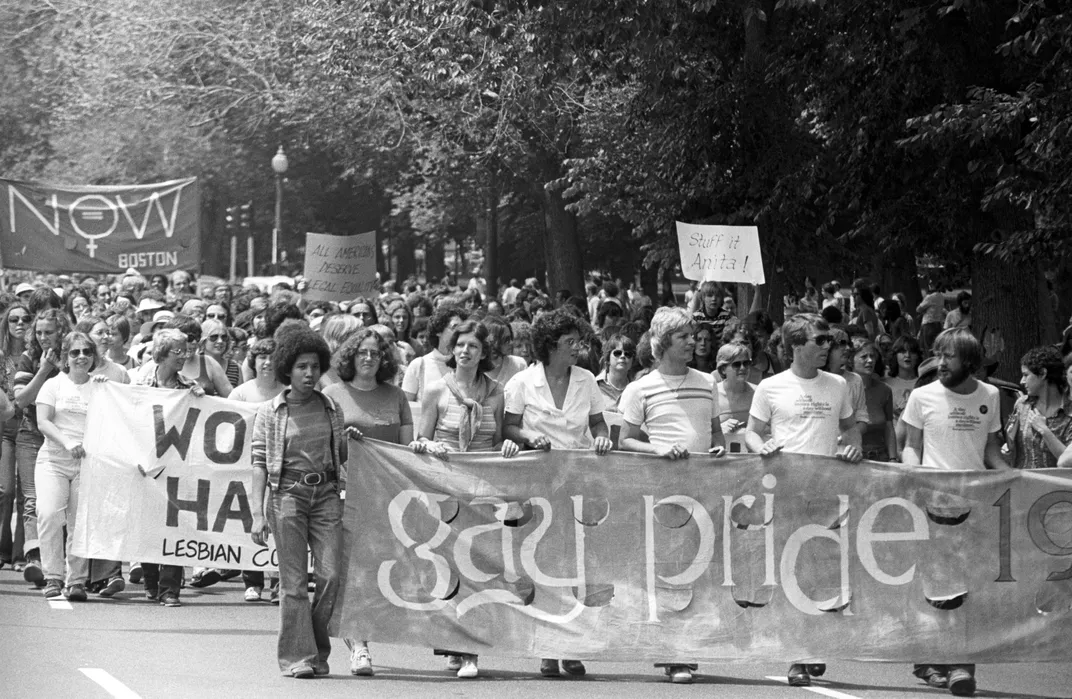
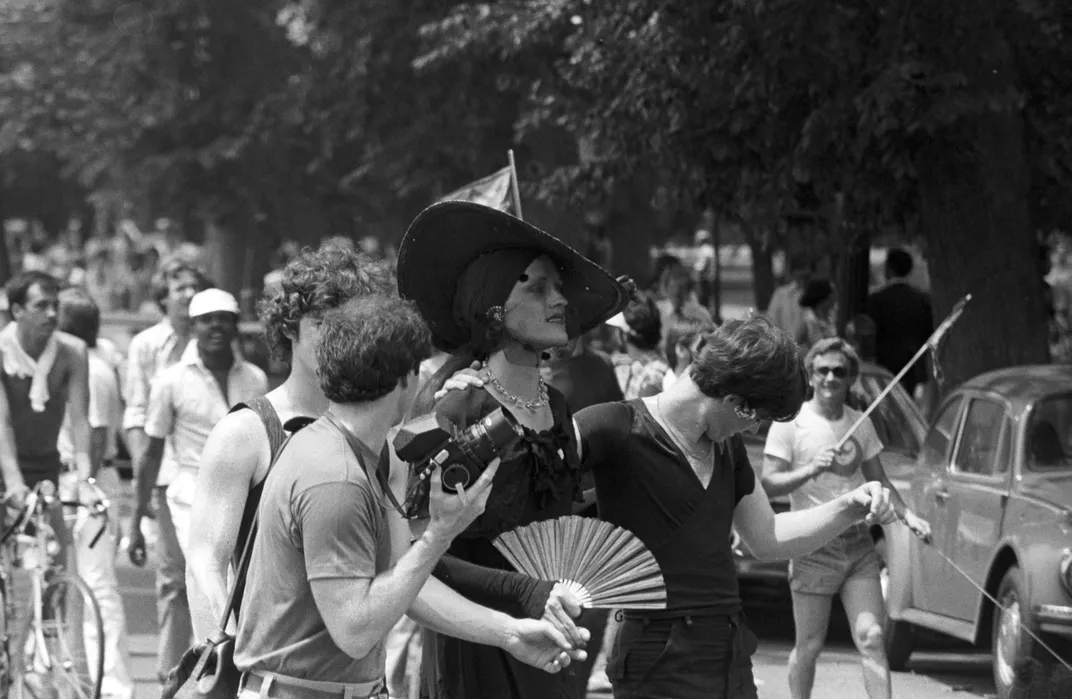
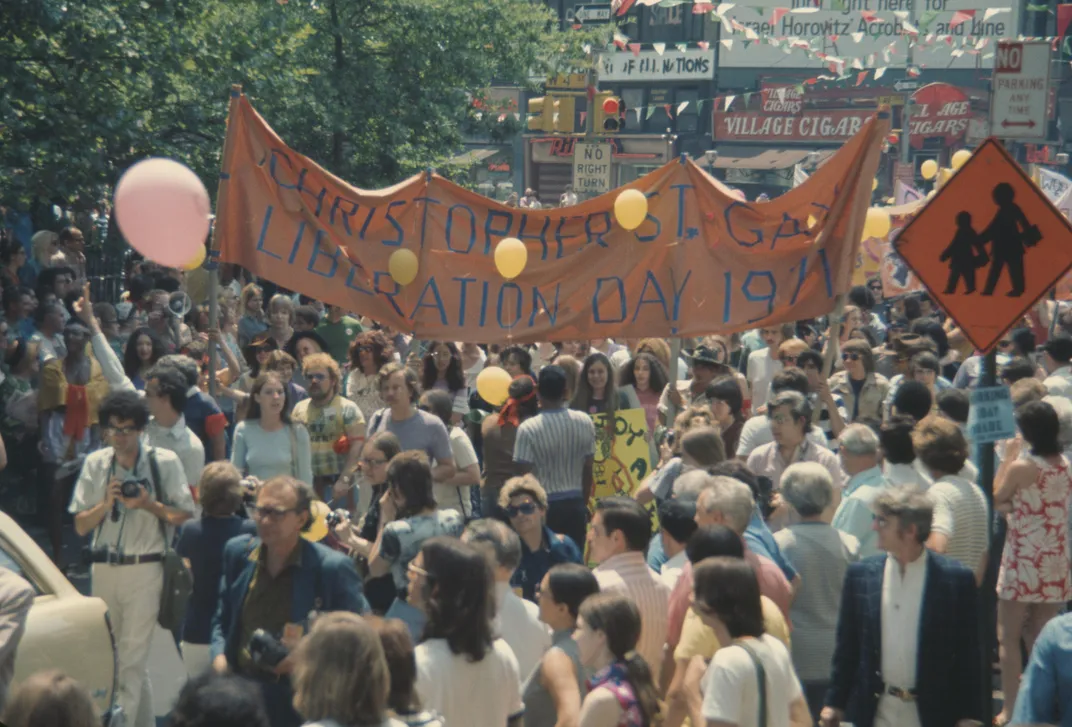
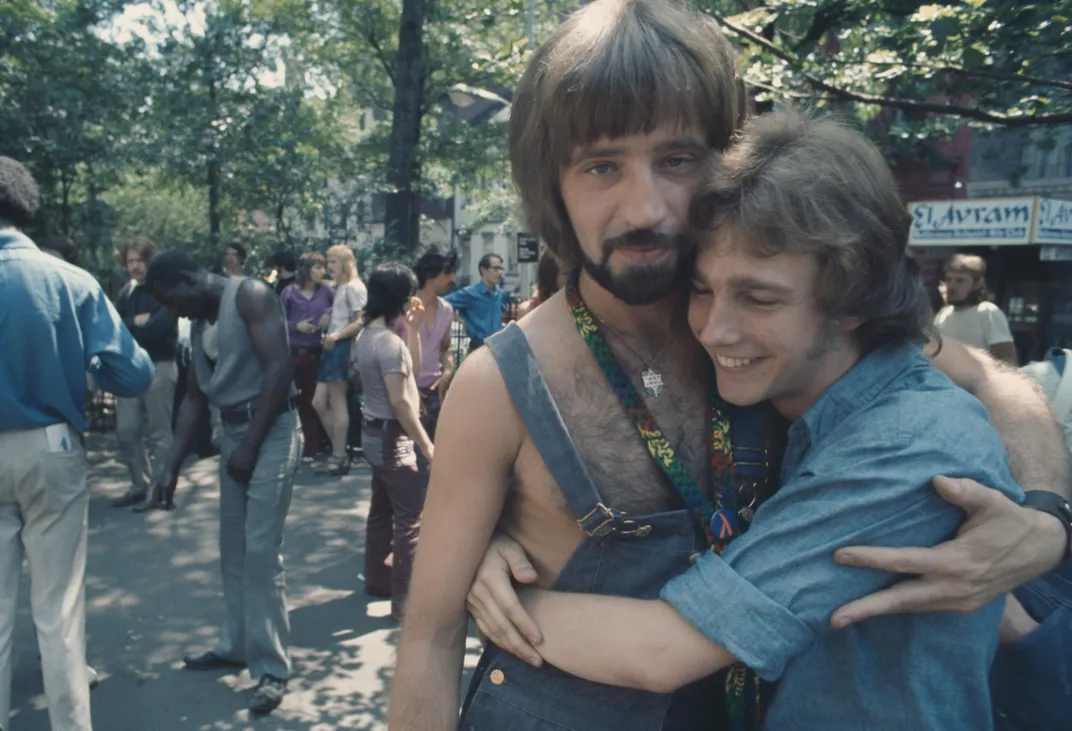
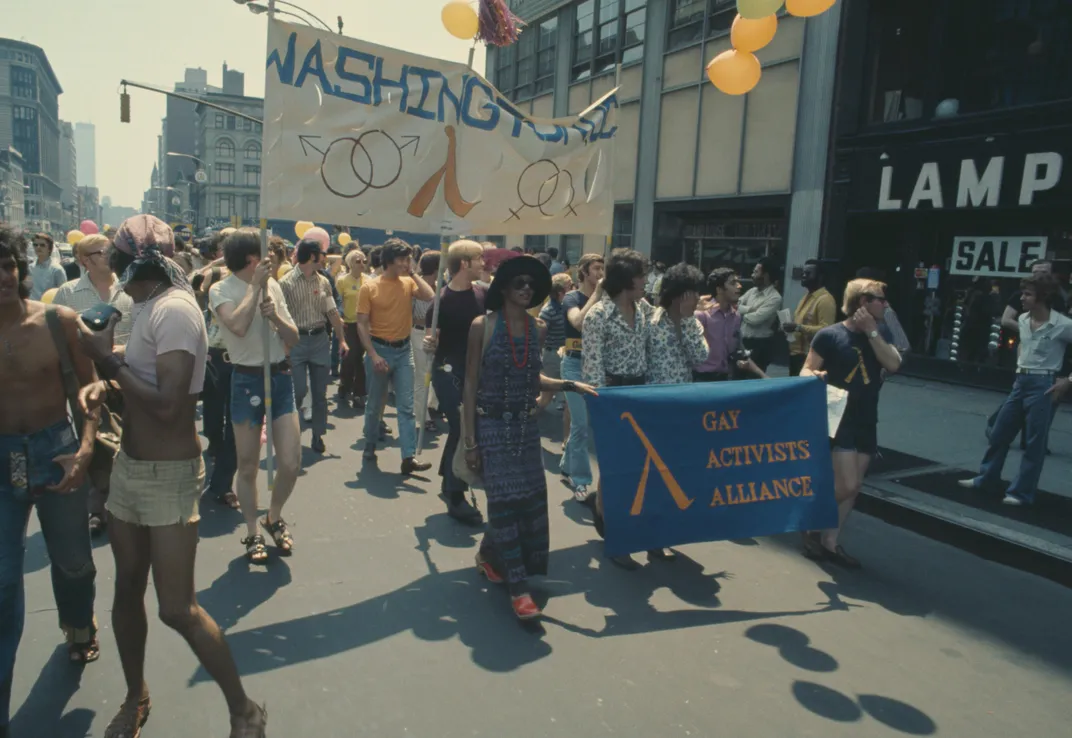
/https://tf-cmsv2-smithsonianmag-media.s3.amazonaws.com/filer/cf/7d/cf7df43b-5aea-40ba-90a8-003fa267cf6a/pride_4.jpg)
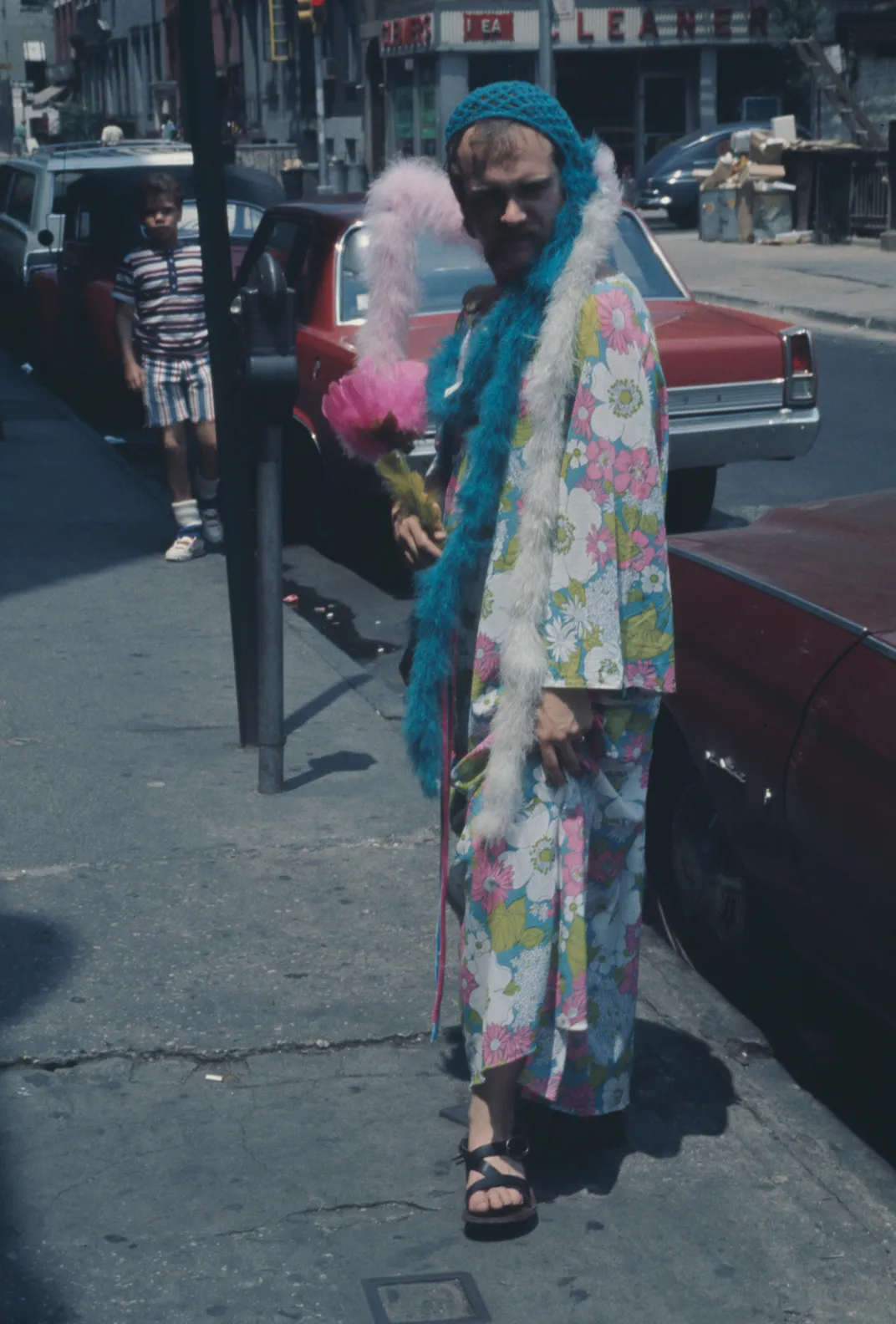
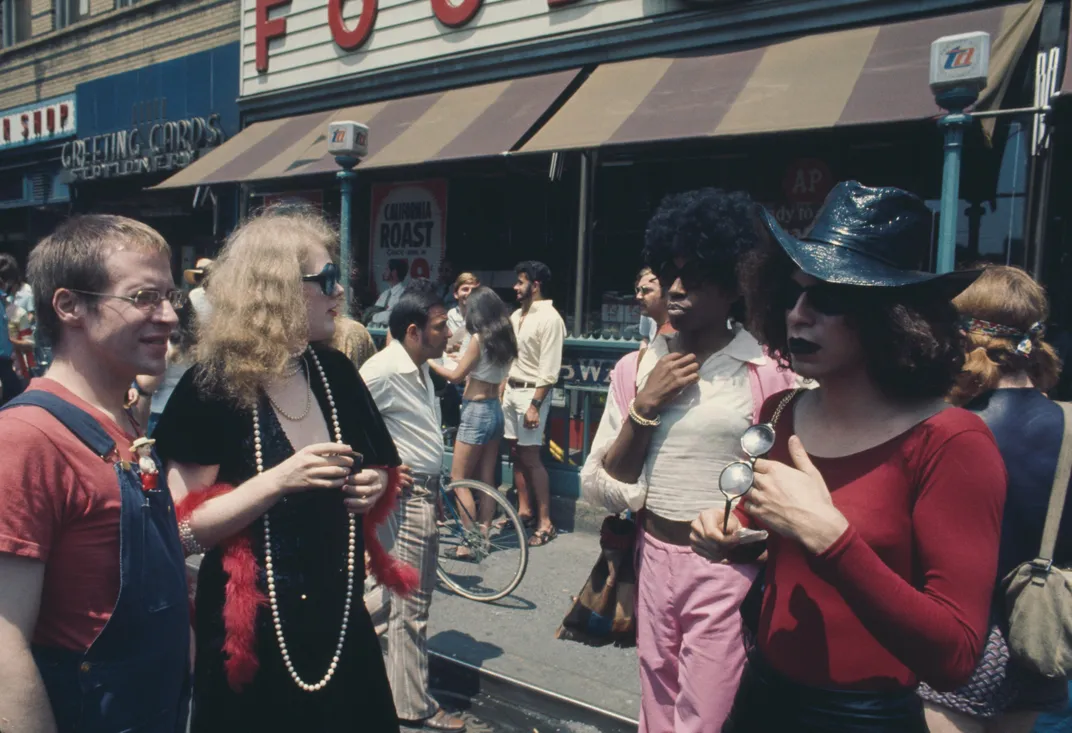
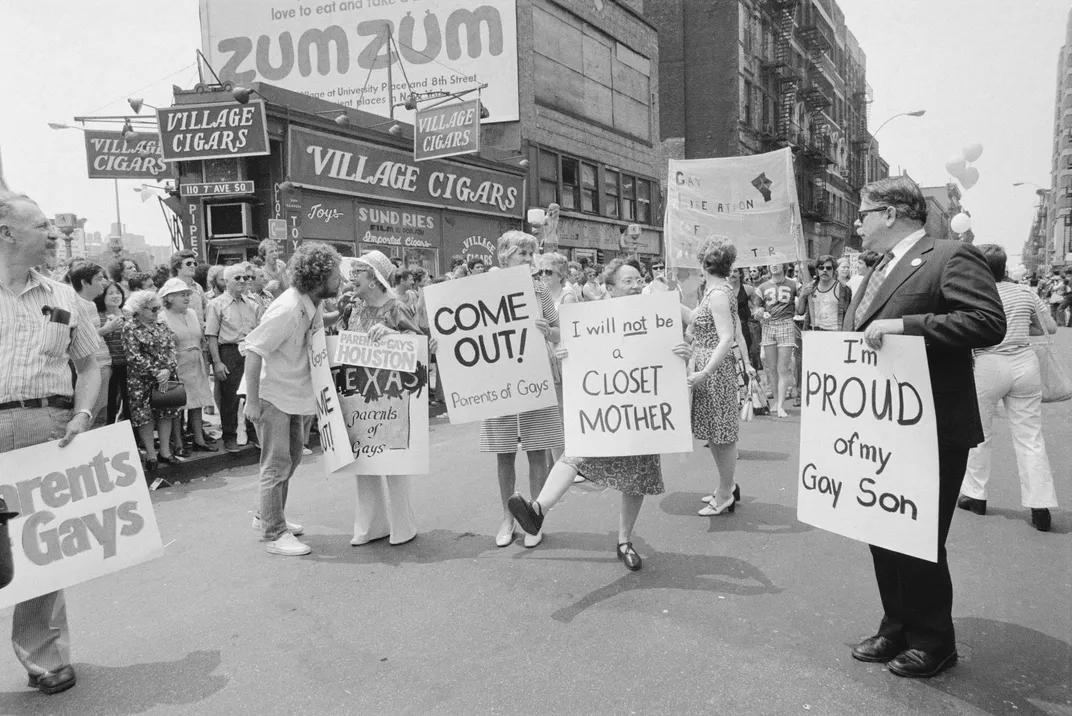
/https://tf-cmsv2-smithsonianmag-media.s3.amazonaws.com/filer/2f/fc/2ffcf7e8-6b8d-43fc-a2de-f11671425d5b/pride_8.jpg)